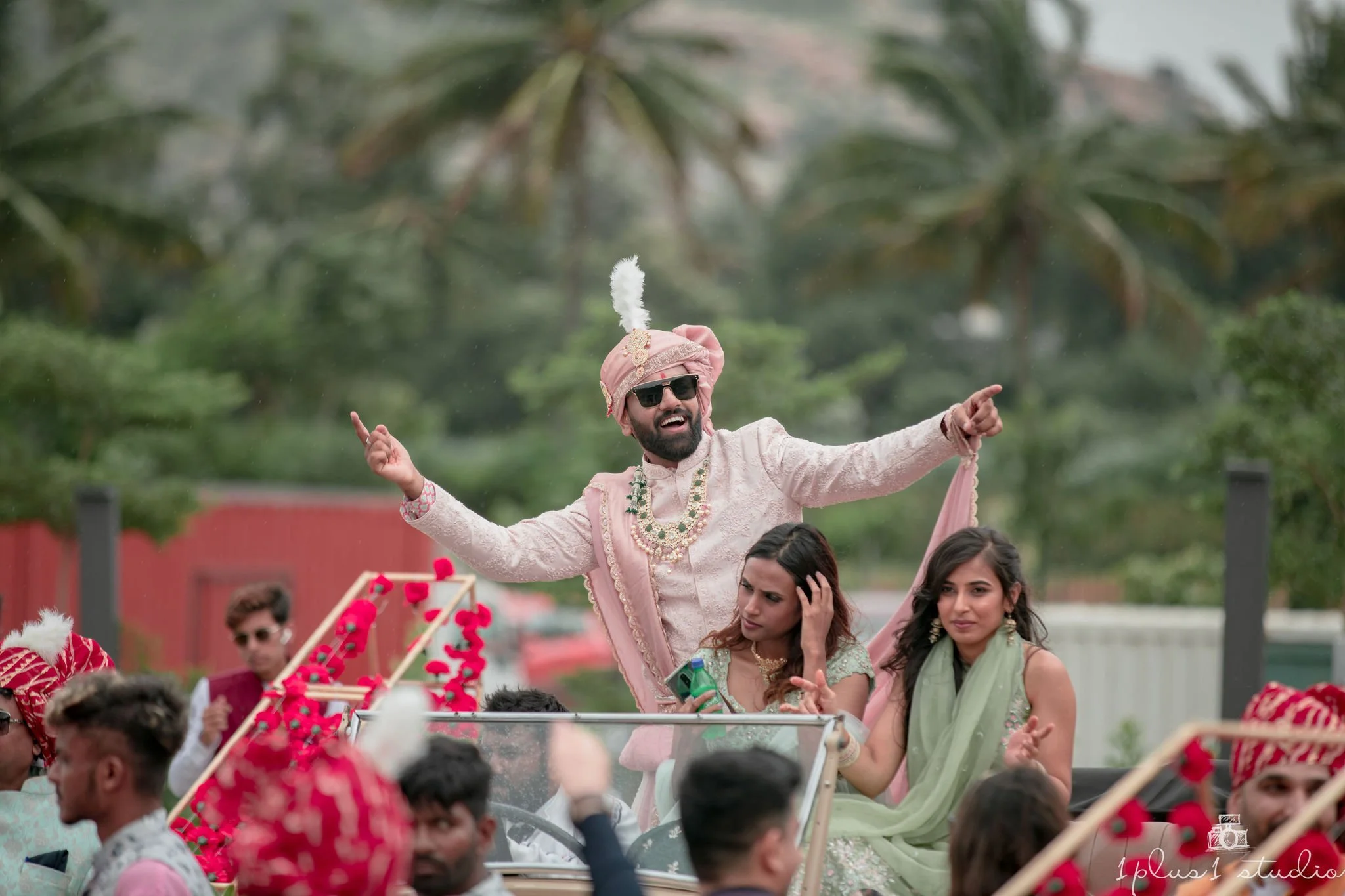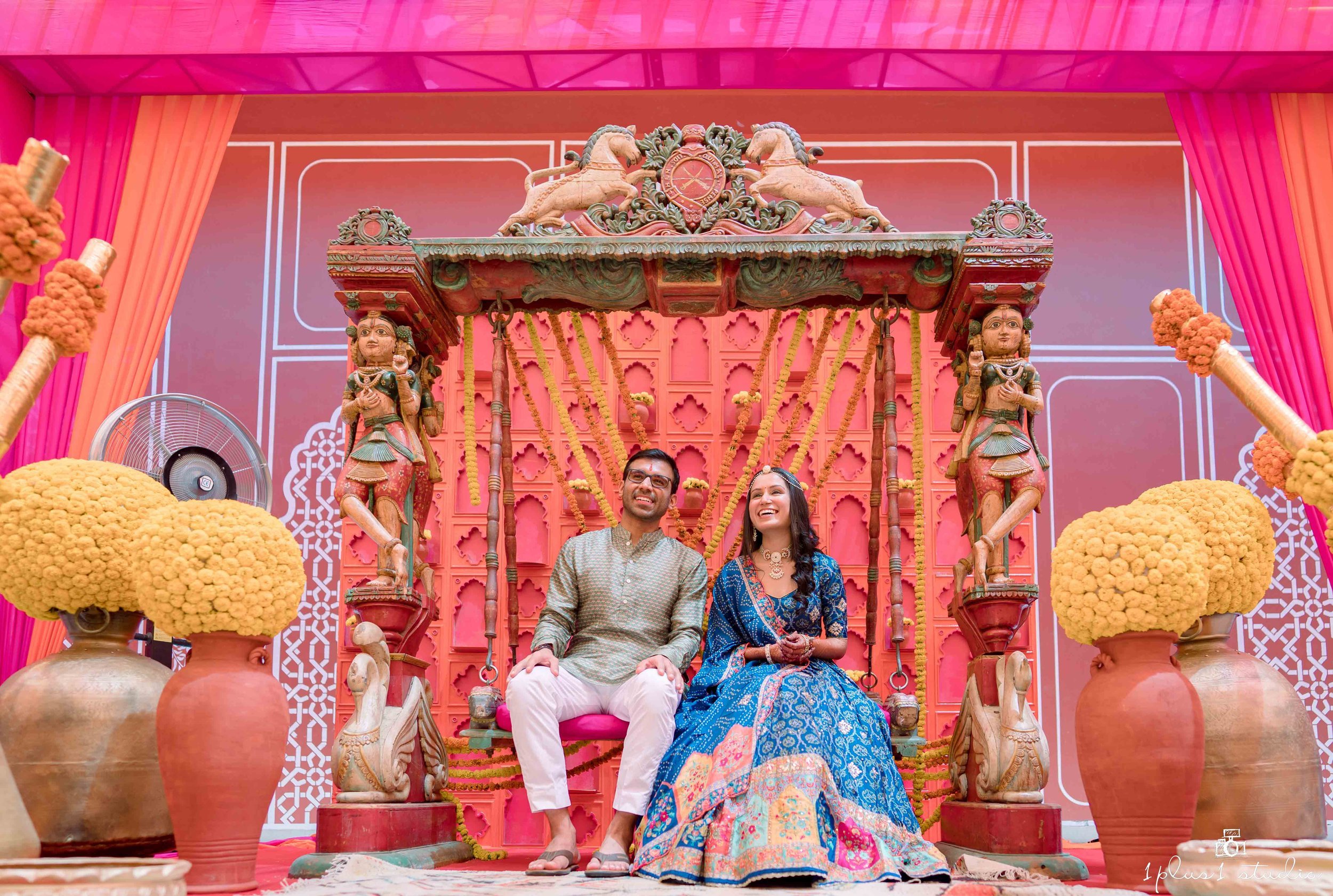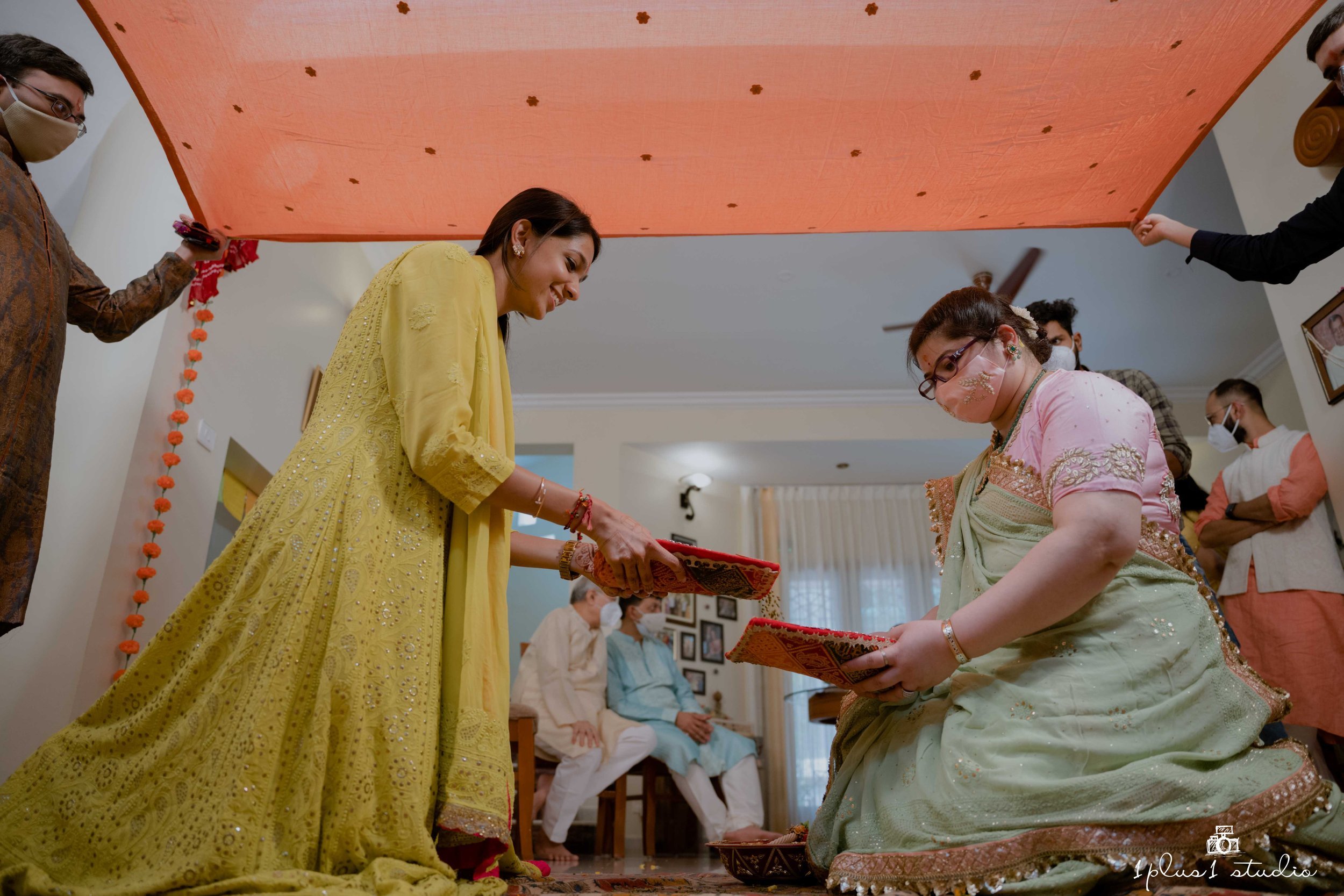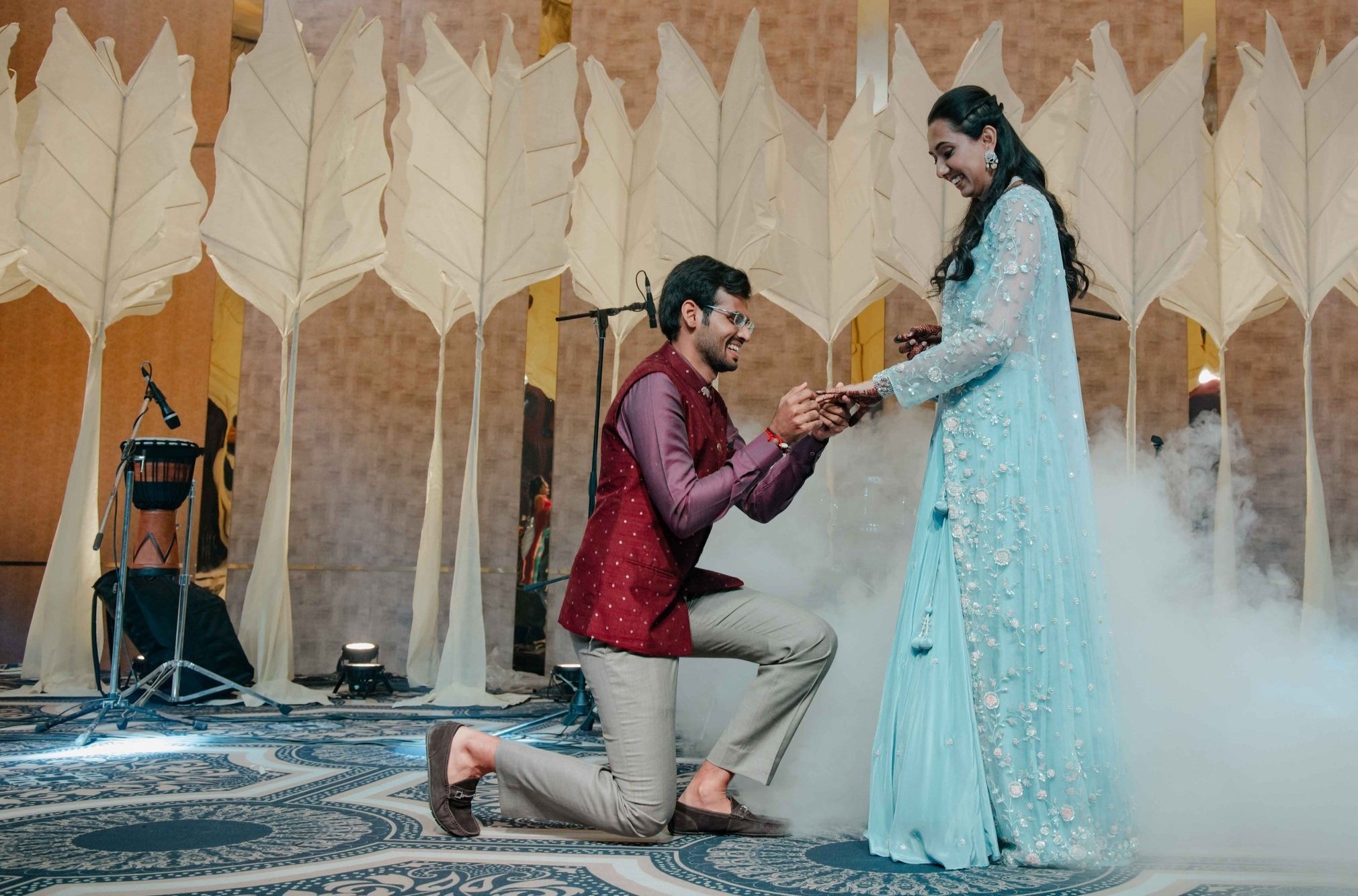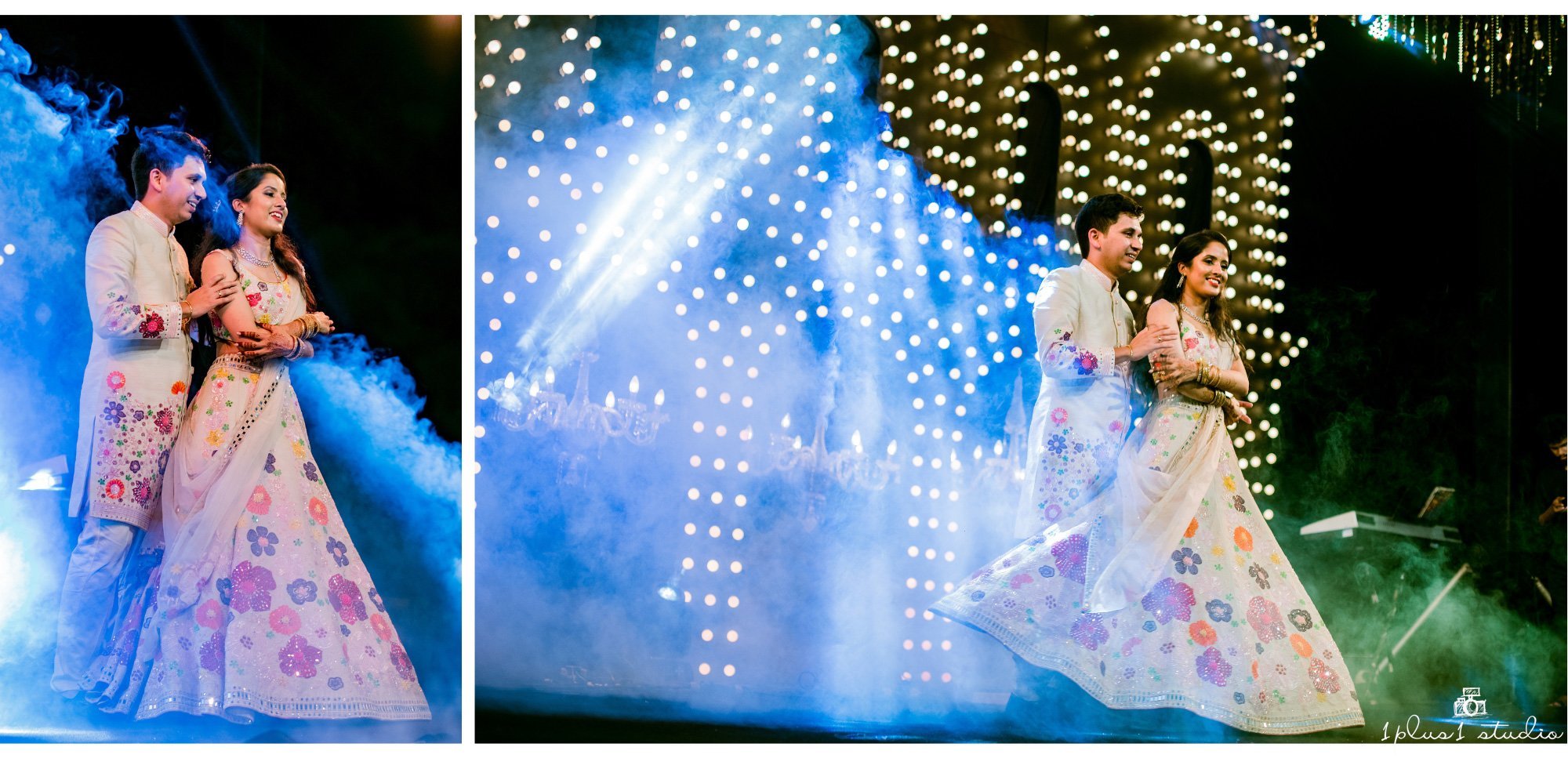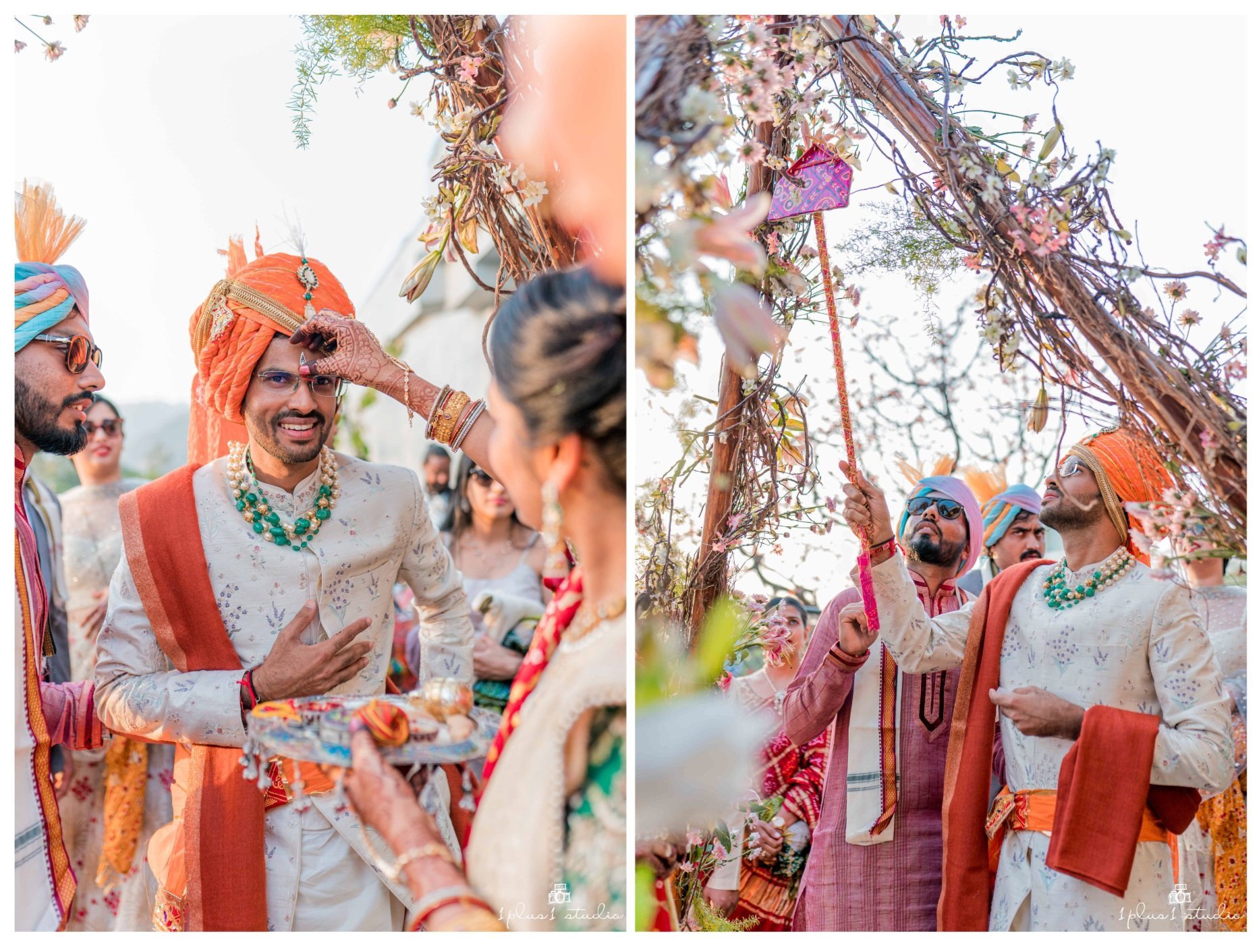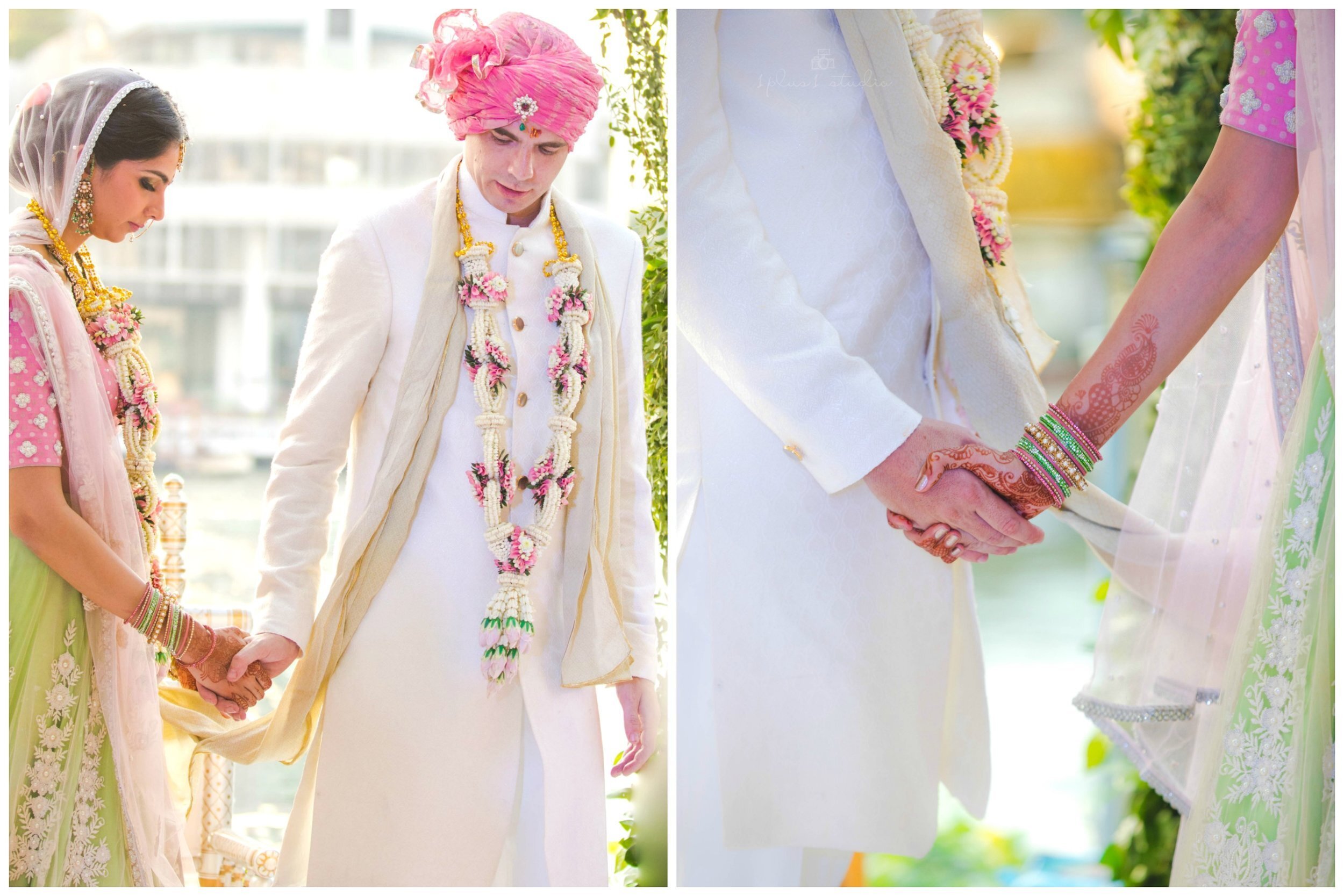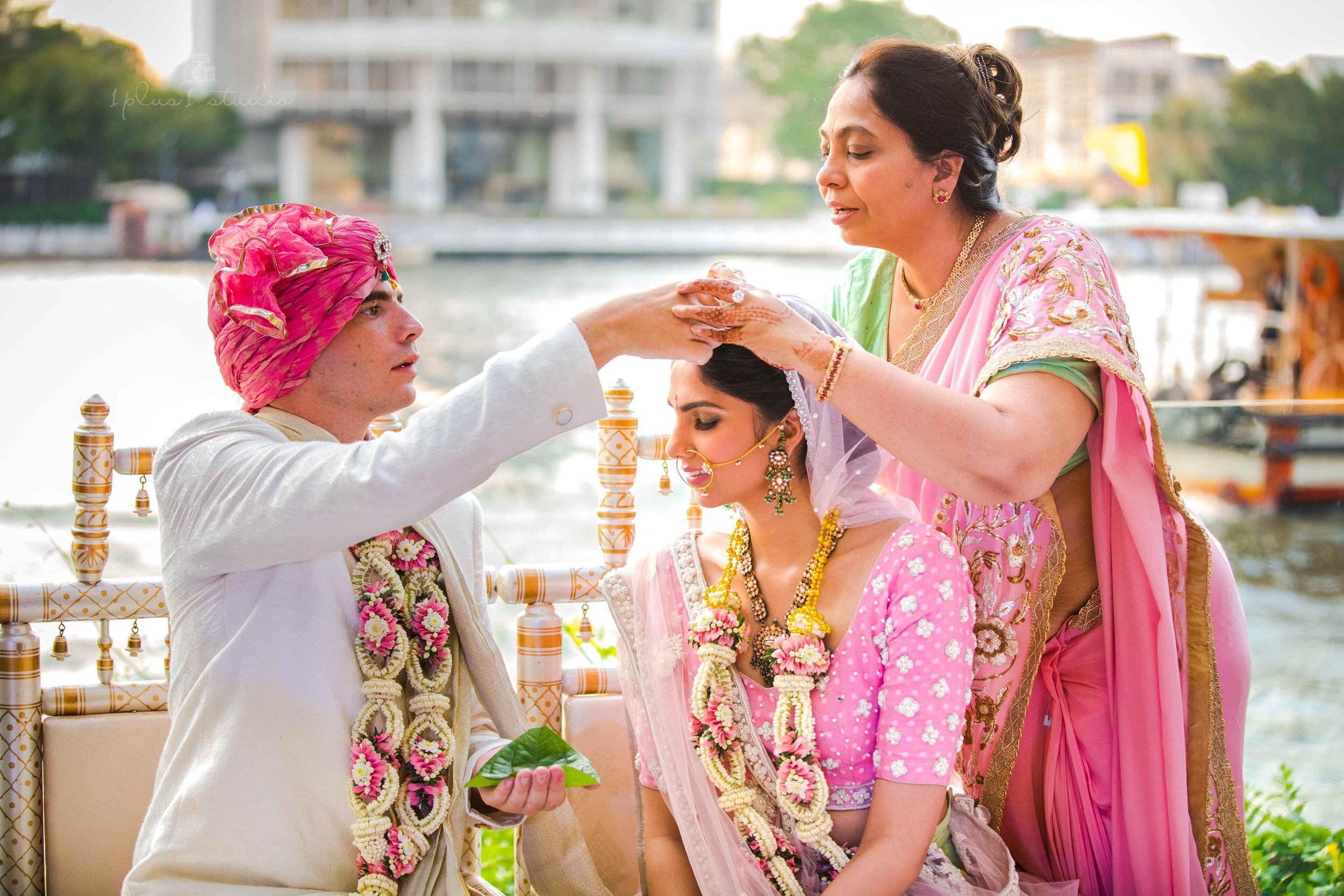Marwari Weddings: A Guide to Marwari Wedding Rituals, Traditions With Photos, Videos
Marwaris are an ethnic community belonging to the state of Rajasthan in India. They trace their origin to the princely state of Marwar, which is the Jodhpur region at present. Marwari weddings are lavish, colourful, and fun experiences celebrated with a lot of exuberance and enthusiasm.
The royal land of Rajasthan is known for its exquisite culture and grandeur. Marwari weddings encapsulate the same through various wedding rituals, vibrant outfits, grand music, and of course, delicious food.
Their vivid bouquet of traditions includes a lot of interesting customs and fun rituals that are meant to break the ice between both families. Like many Indian weddings, Marwari wedding customs trace their origin to ancient Vedic traditions.
Traditionally, a Marwari groom is known as banna, and the bride is called banni.
While some prefer to introduce a touch of freshness to the customs, the basic essence of a Marwari wedding is always about celebrating the beginning of a lifelong bond in the grandest way possible.
Let’s get to know more about Marwari weddings!
The Dresses, the Jewellery and the Food!
Gorgeous outfits and food are an integral part of a Marwari wedding. A Marwari bride dresses up in a bright, colourful, and embellished silk lehenga choli. Traditional motifs and patterns define her outfit. A colourful odhni or chunni draped over the lehenga choli completes her wedding attire.
She complements her look with typical Rajasthani jewellery pieces such as chura (traditional bangles) Rajasthani nath (nose ornament), timaniyaan (choker necklace), bichiya (toe rings), and rakhri with a borla tika (maang tika) that sits prettily on her forehead.
As for the groom, he wears an achkan or sherwani with dhoti or pyjama and a kamarbandh (waistband). A pagri (turban) sits on his head. He teams up his attire with a pearl or stone-studded necklace, a turban ornament, and Rajasthani jootis.
Food is an elaborate affair at every Rajasthani wedding. Dishes like dal baati churma, methi bajra poori, Rajasthani kadhi, shahi gate, ker sangri, ghevar, and mawa kachori are some of the quintessential items that form a typical Marwari wedding menu.
The Rituals That Make Marwari Weddings Stand Out!
A typical Marwari wedding is an elaborate celebration of pre-wedding, wedding, and post-wedding customs and rituals. Here are the major rituals of a Marwari wedding:
Roka
Roka is the ceremony where parents from both sides finalise the wedding plans. It usually takes place a few months before the wedding.
On this particular day, parents from both sides put a tilak on the bride and groom. An exchange of gifts also takes place between both families to mark the happy occasion.
Byah Haath
For this ritual, married women in the family and the neighbourhood gather to sing Mangal Geet or songs of happiness, in anticipation of a happy wedding.
This happens 5, 7, 11, or 21 days before the marriage. They prepare sweets made of lentils and jaggery, which are called Mangodi, and bless the bride/groom.
Naandi Ganesh Pooja
Naandi Ganesh pooja is performed to seek blessings from Lord Ganesh and other Hindu deities for a smooth and hassle-free ceremony.
The prevalent belief is that Lord Ganesh attends the wedding in the form of a small boy. That’s why a small boy accompanies the bride and groom in their pre-wedding rituals. He is believed to embody Lord Ganesh or Vinayak.
Bhaat Nyotana and Bhaat Bharna
In Marwari traditions, the maternal aunt (mami) and uncle (mama) play an important role.
During the Bhaat Nyotana and Bhaat Bharna ceremony, the mother of the bride/groom formally invites her parents, brother, and sister-in-law to the wedding of her child. She puts a tika on her brother and sister-in-law as part of the invitation ceremony.
The maternal uncle, on his part, agrees to participate in the ceremony wholeheartedly and stand beside his sister.
Myra
The maternal family of the bride/groom’s mother is extended a warm welcome by her family as they arrive to attend the wedding.
The maternal uncle or mama presents gifts to his sister’s family. He also agrees to extend financial support for the wedding.
Mehndi
The bride gets her hands and feet decorated with exquisite designs using Mehndi or henna dye.
Mehndi-decorated hands and feet symbolise abundance, happiness, and fulfilment in life. An interesting aspect of Marwari weddings is that the groom also gets a mehndi design done on his hand to mark this ceremony.
Mudda Tikka or Sagai
Sagai is the engagement ceremony that is traditionally held at the bride’s home. The bride and the groom exchange rings in the presence of family and friends to mark their sagai or official engagement. A vibrant function marks the occasion.
Mehfil
Mehfil, also known as the Sangeet ceremony, is another fun-filled pre-wedding function. It is a night of singing, dancing, and feasting, with plenty of entertainment thrown in.
The equivalent of a bachelorette party, this function involves a lot of merry-making and mischief.
Telbaan
Telbaan is a ritualistic bath given to the bride and groom on the wedding day morning.
A paste of turmeric, mustard oil, and fresh curd is applied on their face, hands, and feet. This is followed by feeding ghunghra or sweet pancakes to the bride and groom.
Pitthi Dastoor
Haldi assumes much significance in Indian weddings, including Marwari weddings.
The bride and groom are applied turmeric paste to enhance their glow for the wedding. They are given a bath by their relatives to wash off the turmeric paste. Lots of fun and frolic surround this ceremony.
Nikasi
Just before the groom sets off with his baraat, his sister ties his sehra and puts a kajal tika behind his ear to ward off the evil eye. She also wraps a golden thread around the mare that he is to mount and ride to his wedding.
The groom’s mother feeds him a spoonful of a mixture of lentils, sugar, rice, and ghee, which is considered auspicious.
Baraat
The groom, along with his friends and family, heads towards the wedding venue. He covers the distance sitting on a mare amidst a lot of singing, dancing, and revelry by the members of his wedding procession.
Toran
Toran refers to a decorative hanged at the entrance of the wedding venue.
Before entering the venue, the groom hits the toran with a stick from the neem plant. This age-old practice is done to ward off negative energy from the married life of the bride and groom.
Jaimala
Jaimala is a common part of many Indian weddings.
Once the bride enters the wedding mandap, she goes on to put seven suhalis over the groom’s head. Following this, the groom and the bride exchange garlands amidst a lot of cheering by friends and family.
Kanyadaan
The Kanyadaan ritual in a Marwari wedding is similar to that in most Hindu weddings.
The bride’s father gives her hand to the groom during the ritual. He asks the groom to accept his daughter in marriage and take her responsibility.
The bride is also asked to accept the groom and take his surname. The couple promise to stay together, no matter what challenges life throws at them.
Saptapadi or Phera
Regarded as the most important ritual of a Hindu marriage, Saptapadi assumes much significance in Marwari weddings as well.
During this ritual, the bride and the groom go around the holy fire seven times while the priests chant mantras. They take their wedding vows and promise to be there for each other all lifelong.
Sindoor Daan
Sindoor daan is the ritual in which the groom applies vermillion on the bride’s forehead. Sindoor, or vermillion, is the symbol of marriage in Hindu culture.
This ritual marks the beginning of the wedded life of a couple. The groom’s mother gifts the bride a nose ring or nath, which she is expected to wear.
Vidaai
Vidaai marks an emotional moment in the course of the wedding.
As the bride leaves her paternal home and sets off for the groom’s house, she bids a tearful goodbye to her family and friends. Her parents send her off with blessings for her new life.
Pag Phera
The bride, along with her newly wedded husband, visits her paternal home a couple of days after the wedding.
The newlywed couple is welcomed heartily by the bride’s family. Cousins and siblings of the bride crack jokes and tease the couple, and everyone has fun.
MARWARI WEDDING WEDDING ALBUMS
A Royal Fort Marwari Wedding in Mundota Fort & Palace, Jaipur
A Fun Punjabi- Marwari Wedding in The Leela Palace, Bangalore
Marwari Destination Wedding Welligama Bay Marriott , Sri Lanka
Marwari Destination Wedding Across 2 Palaces, Indana Palace & Ajit Palace, Jodhpur
Super Fun & Colorful Marwari Wedding in The Leela Bhartiya City, Bangalore

